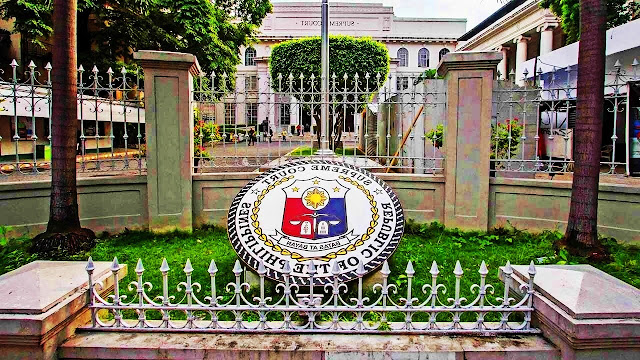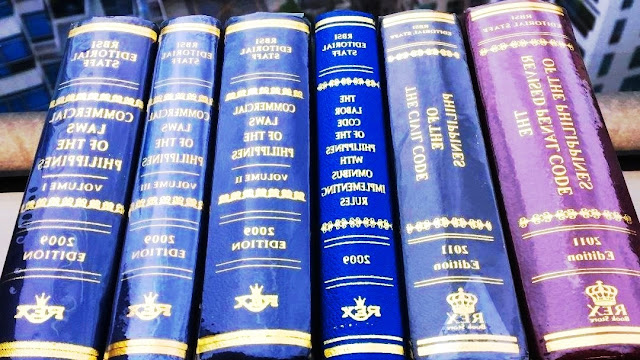SC: Candidates are required to have "enough money"; if not, they are "panggulo"

"Financial capability to wage a nationwide campaign" means "enough money" and it is one of the requirements to run for a national elective office. In fact, a candidate who cannot "afford to wage a nationwide campaign and/or [who] are nominated by political parties" are declared by the Commission on Elections (COMELEC) as "nuisance candidates." In Filipino, they are considered "mga panggulo lang." (G.R. No. 161872 and G.R. No. 177179) A "nuisance candidate" is one who "has been filed to put the election process in mockery or disrepute or to cause confusion among the voters by the similarity of the names of the registered candidates or by other circumstances or acts which clearly demonstrate that the candidate has no bona fide intention to run for the office for which the certificate of candidacy has been filed and thus prevent a faithful determination of the true will of the electorate." In 2004, a petition was f...
















